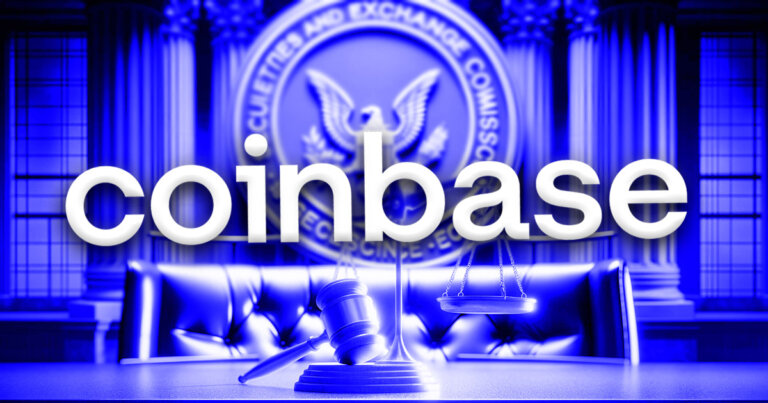 SEC uses insider trading judgment to enhance case against Coinbase, Binance
SEC uses insider trading judgment to enhance case against Coinbase, Binance SEC uses insider trading judgment to enhance case against Coinbase, Binance
Several crypto lawyers have pushed back against SEC's reliance on the insider trading case judgment.

Cover art/illustration via CryptoSlate. Image includes combined content which may include AI-generated content.
The US Securities and Exchange Commission (SEC) wants to leverage a decision from an insider trading case to strengthen its lawsuit against several crypto trading platforms, including Coinbase and Binance.US, according to recent court filings.
SEC claims ‘insider trading’ case is relevant
Last week, the SEC obtained a default judgment against Sameer Ramani, who was implicated as one of the beneficiaries of insider trading information involving Coinbase’s former product manager, Ishan Wahi.
In this judgment, certain digital assets were deemed securities when traded on secondary market platforms, fueling concerns within the community.
On Mar. 4, the financial regulator issued a notice that cited this default judgment, claiming it held significance for its ongoing case against Coinbase.
“In Wahi the court ruled that a defendant who purchased certain crypto assets on trading platforms purchased securities because the assets were offered and sold as investment contracts under Howey. In explaining its ruling, the court held that the Howey ‘analysis remains the same even to the extent [the defendant] traded tokens on the secondary market,'” the SEC wrote.
The regulator also cited the judgment in a recent filing against Binance.US.
Coinbase and others counter SEC moves.
However, legal representatives from different crypto platforms have countered this SEC move.
In a Mar. 5 filing, Coinbase argued that the SEC’s default judgment against Ramani holds “no weight” because it was “procured against an empty chair.”
According to the exchange:
“The Wahi order was procured against an empty chair and its reasoning reflects as much. Coinbase respectfully submits that the default judgment against Mr. Ramani should be afforded no weight.”
Coinbase’s legal chief, Paul Grewal, previously said default judgments hold little value in court. He pointed out that “the SEC was pushing against a completely open door” as the defendant didn’t show up to contest any of the charges brought against it by the agency.
Stuart Alderoty, Ripple’s chief legal officer, echoed similar views, saying:
“Relying on a default judgment is like me challenging Conor McGregor to a fight and when he doesn’t show up I shadow box for a few rounds and then declare myself the champion.”



























































